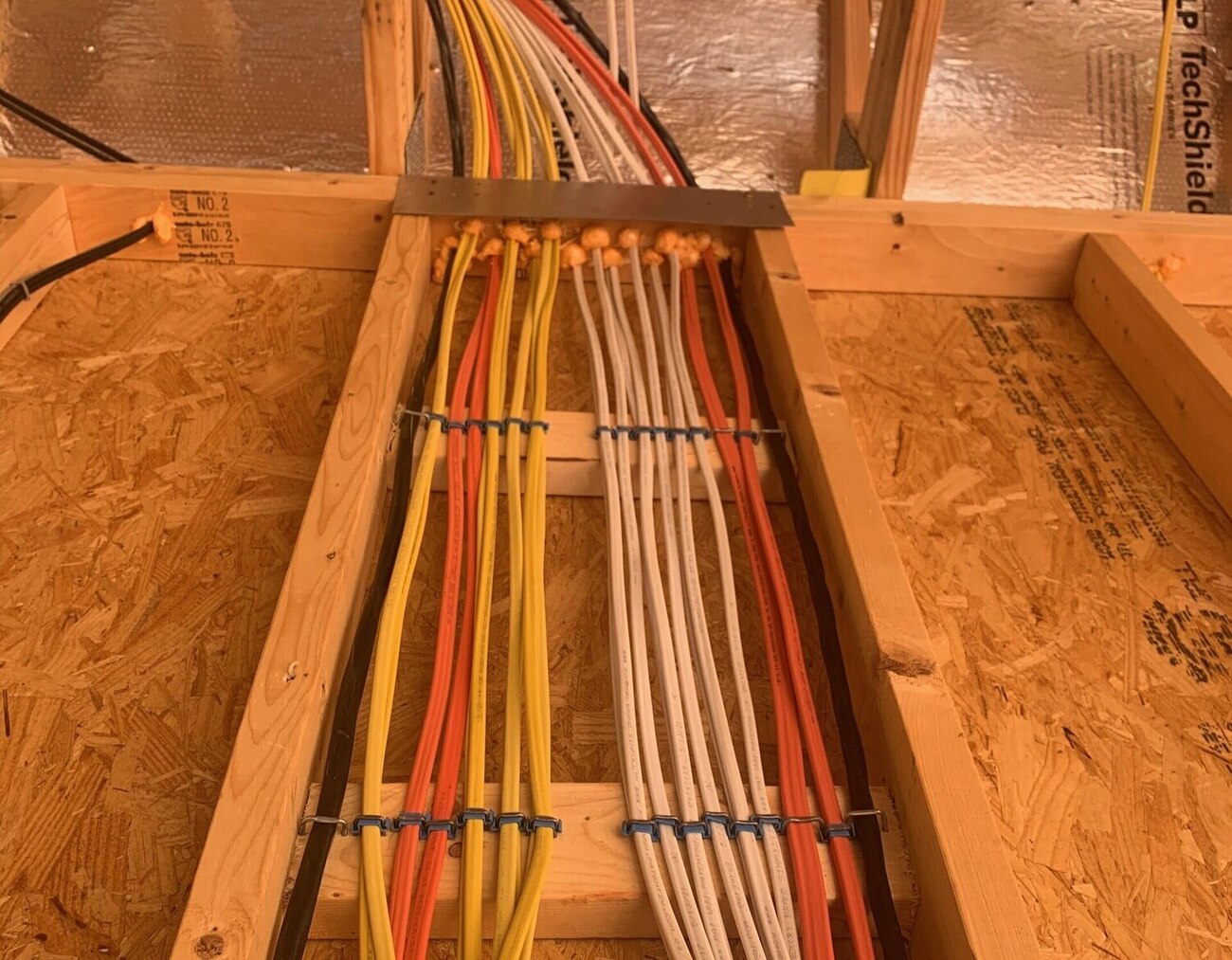

Articles
What Gauge Is House Electrical Wire
Modified: December 7, 2023
Discover the ideal gauge for your house electrical wire with our informative articles. Find expert advice and tips to ensure a safe and efficient wiring installation.
(Many of the links in this article redirect to a specific reviewed product. Your purchase of these products through affiliate links helps to generate commission for Storables.com, at no extra cost. Learn more)
Introduction
Welcome to the world of house electrical wiring! When it comes to setting up the electrical infrastructure for your home, one important factor to consider is the gauge of the electrical wire. The gauge of a wire refers to its diameter or thickness, which determines its current-carrying capacity and overall performance.
Understanding the concept of wire gauge and its significance is crucial to ensure a safe and reliable electrical system in your house. In this article, we will explore the different wire gauge sizes commonly used in house wiring and discuss the factors to consider when determining the appropriate gauge for your specific needs. So, let’s dive in!
Key Takeaways:
- Selecting the right wire gauge is crucial for a safe and efficient house electrical wiring. It prevents overheating, ensures voltage stability, and supports future expansion, promoting overall safety and peace of mind.
- Understanding wire gauge and its significance is essential for a reliable electrical system. By considering factors like electrical load, distance, and future expansion, you can make informed decisions and choose the right wire gauge for your specific needs.
Read more: What Gauge Is A Lamp Wire?
Understanding Electrical Wire Gauge
Electrical wire gauge is a numerical rating that indicates the size and capacity of a wire. It is typically represented by a number, with smaller numbers indicating thicker wires. The gauge of a wire determines its ability to carry electrical current without overheating or causing any safety hazards.
The wire gauge system is standardized and widely used in the electrical industry. It is based on the concept that as the wire diameter increases, its cross-sectional area also increases. This increased cross-sectional area allows for a greater flow of electrical current.
Wire gauge is inversely related to the wire diameter, meaning that a higher gauge number corresponds to a smaller wire diameter. For example, a 14-gauge wire is thicker than a 16-gauge wire. The most common wire gauges used in house electrical wiring range from 14-gauge to 10-gauge, with 14-gauge being the thinnest and 10-gauge being the thickest.
It’s important to note that as the wire gauge decreases (thicker wire), the amount of electrical current it can safely carry increases. Thicker wires have a lower resistance and can handle higher amperage without overheating.
Electrical wire gauges are standardized by the American Wire Gauge (AWG) system. This system assigns a specific gauge number to each wire size, which helps electricians and homeowners choose the appropriate wire for different electrical applications.
Now that we have a basic understanding of wire gauge, let’s take a look at the common wire gauge sizes used in house wiring.
Common Wire Gauge Sizes for House Wiring
When it comes to house wiring, there are several commonly used wire gauge sizes that serve different purposes. Here are the most common wire gauge sizes you’ll encounter:
1. 14-Gauge Wire:
14-gauge wire is the most commonly used wire for general household lighting circuits and outlets. It can safely handle up to 15 amperes of electrical current and is suitable for smaller appliances and lighting fixtures.
2. 12-Gauge Wire:
12-gauge wire is slightly thicker than 14-gauge wire and can handle higher amperage loads. It is often used for circuits that require up to 20 amperes of current, such as larger appliances like refrigerators or air conditioners.
Read more: What Gauge Is Doorbell Wire
3. 10-Gauge Wire:
10-gauge wire is thicker and has a higher current-carrying capacity compared to both 14-gauge and 12-gauge wire. It is commonly used for circuits that require up to 30 amperes, such as electric water heaters or heavy-duty appliances.
4. Other Wire Gauges:
While 14-gauge, 12-gauge, and 10-gauge wires are the most common in house wiring, there are also other wire gauges used for specific applications. For instance, 16-gauge wire is often used for low-voltage lighting systems, doorbells, and thermostats. On the other end of the spectrum, larger wire gauges such as 8-gauge or 6-gauge are used for high-power circuits like electric stoves or subpanels.
It’s important to note that the wire gauge you choose should be appropriate for the specific electrical load and circuit requirements. Using an improper wire gauge can result in overheating, electrical failures, or even fire hazards.
Now that we know about the common wire gauge sizes used in house wiring, let’s delve into the factors to consider when determining the right wire gauge for your house.
Choosing the Right Wire Gauge for Your House
Choosing the appropriate wire gauge for your house wiring is crucial to ensure the safety and efficiency of your electrical system. Here are some factors to consider when determining the right wire gauge:
1. Electrical Load:
The first and most important factor to consider is the electrical load that the wire will be carrying. Determine the maximum amperage requirements of the circuit and choose a wire gauge that can safely handle that load. Refer to the National Electrical Code (NEC) or consult with a qualified electrician for guidance on the appropriate wire gauge for specific loads.
Read also: 14 Amazing 24 Gauge Electrical Wire for 2025
2. Distance:
The distance between the electrical panel and the furthest point of the circuit also plays a role in wire gauge selection. Longer distances result in higher voltage drops, which can affect the performance of electrical devices. Consider using a larger wire gauge for longer distances to minimize voltage drop and ensure optimal electrical performance.
3. Circuit Type:
Different circuits have different electrical requirements. For example, lighting circuits typically have lower amperage requirements compared to outlets or appliances circuits. Consider the specific circuit type and its intended use when selecting the appropriate wire gauge.
4. Future Expansion:
It’s important to anticipate future needs and potential expansion of your electrical system. If you plan to add more outlets, appliances, or upgrade your electrical system in the future, it’s wise to choose a slightly higher gauge wire that can accommodate increased electrical loads.
5. Local Regulations:
Ensure compliance with local electrical codes and regulations when choosing wire gauge sizes. Local codes may have specific requirements for different types of circuits, which may influence your wire gauge selection.
Read also: 10 Amazing 10 Gauge Electrical Wire for 2025
6. Safety:
Always prioritize safety when selecting wire gauges. Using a wire gauge that is too small for the electrical load can lead to overheating, potentially causing electrical fires or damage to your electrical devices. It’s always better to err on the side of caution and choose a larger wire gauge if you are unsure.
By considering these factors, you can select the appropriate wire gauge that meets your electrical needs and ensures the safety and efficiency of your house wiring.
Now that we have covered the factors to consider when determining wire gauge, let’s highlight the importance of using the correct wire gauge in house electrical wiring.
Factors to Consider When Determining Wire Gauge
When it comes to determining the appropriate wire gauge for your house electrical wiring, there are several important factors that you should consider. These factors will help ensure the safety, efficiency, and reliability of your electrical system. Here are some key factors to keep in mind:
1. Current Load:
The primary factor to consider is the amount of current (measured in amperes) that will flow through the wire. Different electrical devices and appliances have specific current requirements, which will dictate the minimum wire gauge needed to safely carry that load. It’s essential to match the wire gauge to the current load to prevent overheating and potential hazards.
2. Voltage Drop:
As electricity flows through a wire, it encounters resistance, resulting in a voltage drop. The length of the wire and the current load affect the extent of the voltage drop. Excessive voltage drop can cause devices to malfunction or operate inefficiently. Therefore, it’s important to consider the distance between the power source and the electrical device and choose a wire gauge that limits voltage drop within acceptable limits.
Read also: 14 Best 14 Gauge Electrical Wire for 2025
3. Material and Temperature:
The material of the wire and the operating temperature can affect its performance and capacity. Different wire materials have various resistance values, and higher operating temperatures can reduce the wire’s ampacity (current-carrying capacity). Ensure that the wire you choose is suitable for the intended application and can handle the temperatures it may encounter.
4. Environmental Factors:
The environment in which the wire will be installed must be taken into account. Factors such as moisture, exposure to chemicals, UV radiation, and potential mechanical damage can influence the selection of the appropriate wire gauge. Choose a wire with insulation and protection that can withstand the specific environmental conditions it will be subjected to.
5. Overcurrent Protection:
Ensure that the wire gauge you choose is compatible with the overcurrent protection devices, such as circuit breakers or fuses, that will be used on the circuit. Overcurrent protection devices are designed to trip or blow when the current exceeds a specified limit. The wire gauge should be able to handle the expected current load without causing the overcurrent protection to trip prematurely.
6. Future Expansion:
Consider any future plans for expansion or additions to your electrical system. If you anticipate the need for additional electrical devices or circuits in the future, it’s wise to choose a wire gauge that can accommodate these future needs. This will save you the hassle of rewiring or upgrading the system later on.
By carefully considering these factors and consulting with a qualified electrician, you can determine the appropriate wire gauge for your house electrical wiring. It will provide a safe and reliable electrical system that meets your current and future demands.
Now that we have discussed the factors to consider when determining wire gauge, let’s highlight the importance of using the correct wire gauge in house electrical wiring.
Read also: 13 Best 20 Gauge Electrical Wire for 2025
Importance of Using Correct Wire Gauge in House Electrical Wiring
Using the correct wire gauge in house electrical wiring is of paramount importance for the safety, performance, and efficiency of your electrical system. Here are some key reasons why selecting the right wire gauge is crucial:
1. Prevents Overheating:
Choosing a wire gauge that is too small for the electrical load can result in overheating. When a wire is unable to handle the current flowing through it, it becomes a bottleneck and can cause the wire to heat up. Overheating wires are not only a fire hazard but can also damage insulation, leading to short circuits and electrical failures. By using the correct wire gauge, you ensure that the wire can safely carry the intended current load without overheating.
2. Maintains Voltage Stability:
Voltage drop occurs when electricity flows through a wire with resistance. Using a wire with too small of a gauge can result in excessive voltage drop, causing lights to dim, appliances to malfunction, and inefficient operation of electrical devices. By selecting the appropriate wire gauge, you can minimize voltage drop and maintain stable voltage levels, ensuring optimal performance of your electrical equipment.
3. Ensures Circuit Protection:
The wire gauge you choose should be compatible with the overcurrent protection devices, such as circuit breakers or fuses, used in your electrical system. A mismatch between the wire gauge and the protection device can lead to inconsistent circuit protection. If the wire gauge is too large for the protection device, it may not trip during an overcurrent situation, putting the circuit at risk. Conversely, if the wire gauge is too small for the protection device, it may trip unnecessarily, leading to frequent disruptions. The correct wire gauge ensures proper coordination with the protection devices, enhancing circuit safety.
Read more: What Gauge Wire For An Outdoor Outlet
4. Supports Future Expansion:
Using the correct wire gauge not only meets the current electrical demands of your house but also allows for future expansion. By selecting a wire gauge that can handle higher current loads, you have the flexibility to add more electrical devices or circuits in the future without the need for rewiring or upgrading the system. This saves you time, effort, and expenses down the line.
5. Enhances Safety and Compliance:
Electrical codes and regulations mandate the use of correct wire gauges to ensure safety and compliance. Adhering to these regulations not only minimizes the risk of electrical accidents but also ensures that your electrical system meets the required standards. When it comes to inspections or insurance claims, having the correct wire gauge will give you peace of mind and prevent any complications.
By using the correct wire gauge in your house electrical wiring, you promote safety, protect your property, and ensure the efficient operation of your electrical system. It is highly recommended to consult with a qualified electrician to determine the appropriate wire gauge for each specific application.
Now that we have emphasized the importance of using the correct wire gauge, let’s conclude this article.
Conclusion
Understanding and selecting the right wire gauge is essential for a safe, efficient, and reliable house electrical wiring. The wire gauge determines the current-carrying capacity and performance of the electrical wire, ensuring that it can handle the electrical load without overheating or causing hazardous situations.
In this article, we have explored the concept of electrical wire gauge and its significance in house wiring. We have discussed the common wire gauge sizes used in residential applications, such as 14-gauge, 12-gauge, and 10-gauge wires, as well as other wire gauges for specialized purposes.
We have also highlighted the factors to consider when determining the appropriate wire gauge, including the electrical load, distance, circuit type, future expansion, and safety considerations. By considering these factors, you can make an informed decision and choose the right wire gauge for your specific needs.
The importance of using the correct wire gauge cannot be overstated. By using the appropriate wire gauge, you prevent overheating, ensure voltage stability, provide proper circuit protection, and allow for future expansion. It also ensures compliance with electrical codes and regulations, promoting overall safety and peace of mind.
It is crucial to consult with a qualified electrician to accurately determine the appropriate wire gauge for your house electrical wiring. An expert can assess your specific requirements, consider local regulations, and provide professional guidance to ensure optimal results.
Remember, your electrical system is the backbone of your home, and investing in the correct wire gauge is a fundamental step in creating a safe and efficient electrical infrastructure.
We hope that this article has provided valuable insights into the understanding and importance of wire gauge in house electrical wiring. With the right wire gauge, you can enjoy a reliable and worry-free electrical system for years to come.
Frequently Asked Questions about What Gauge Is House Electrical Wire
Was this page helpful?
At Storables.com, we guarantee accurate and reliable information. Our content, validated by Expert Board Contributors, is crafted following stringent Editorial Policies. We're committed to providing you with well-researched, expert-backed insights for all your informational needs.
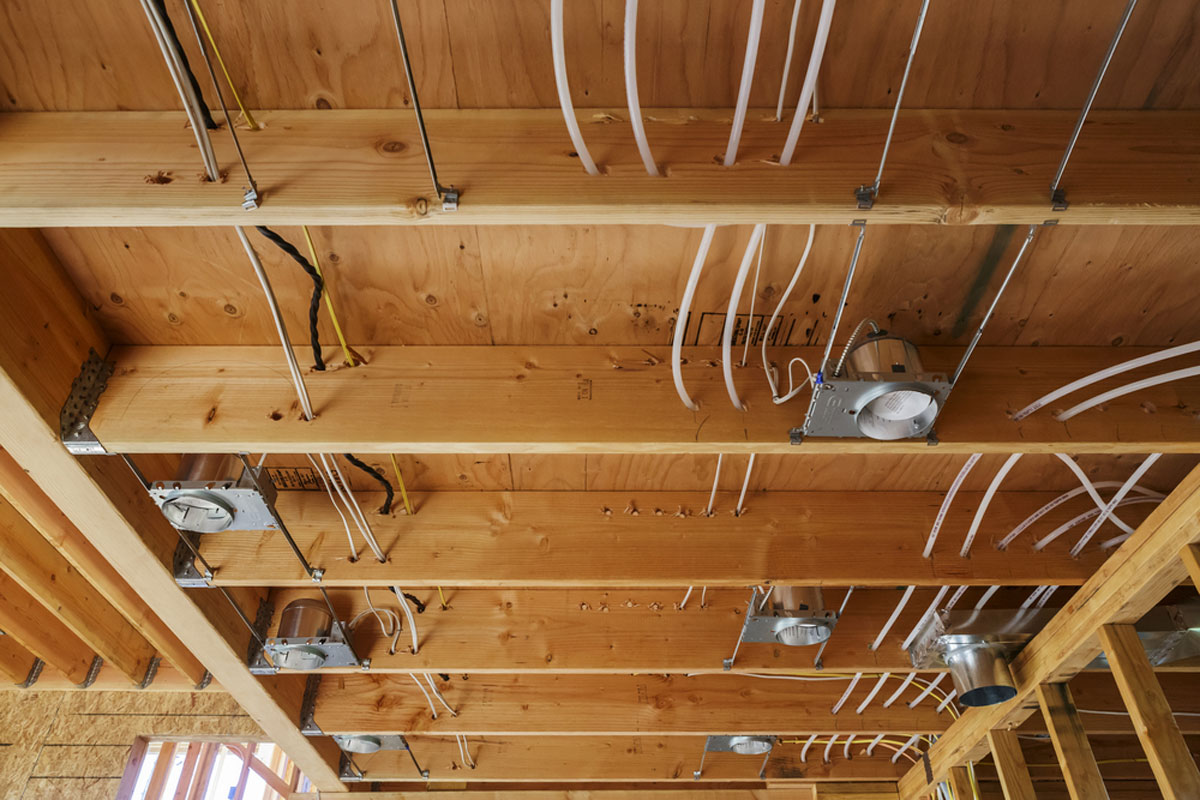
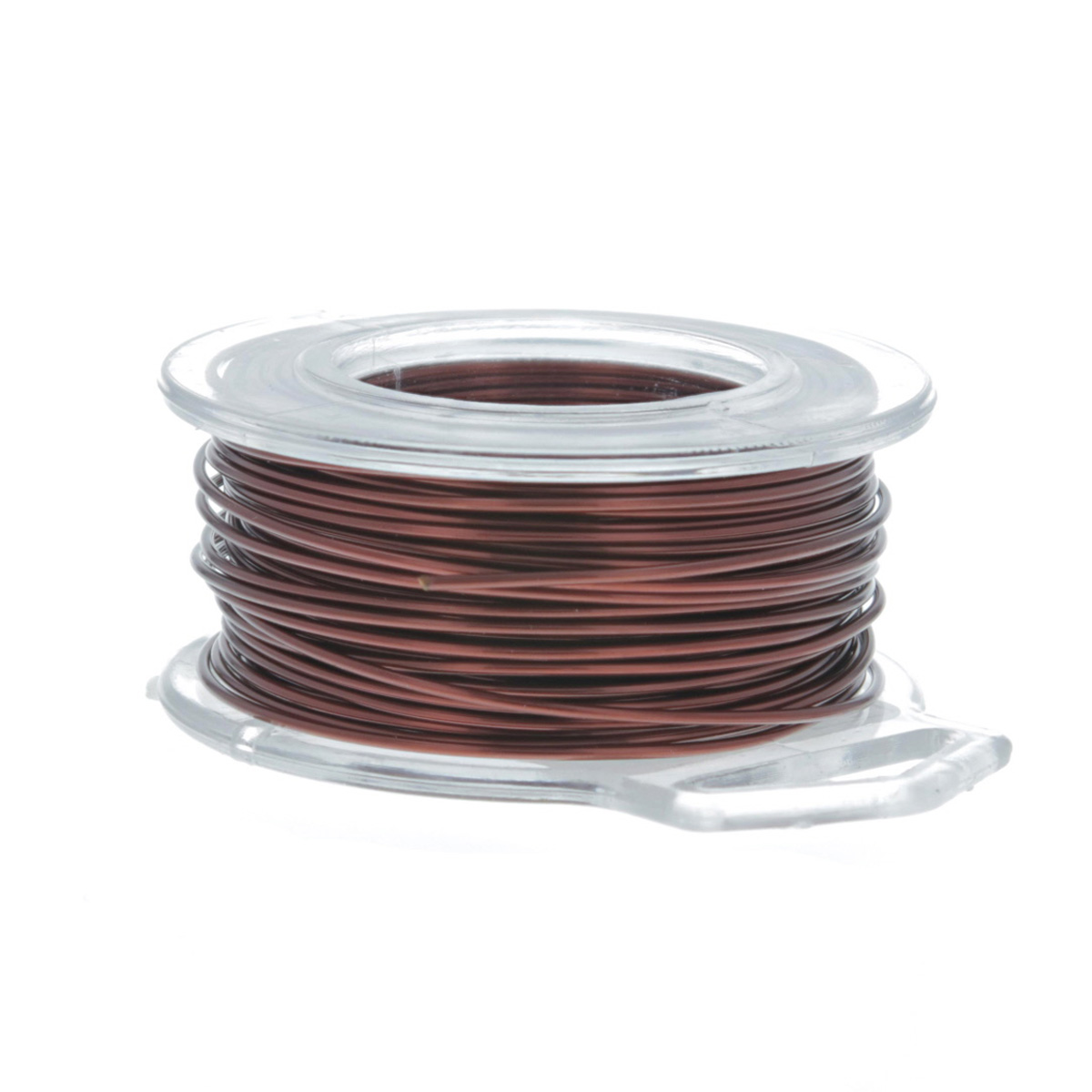
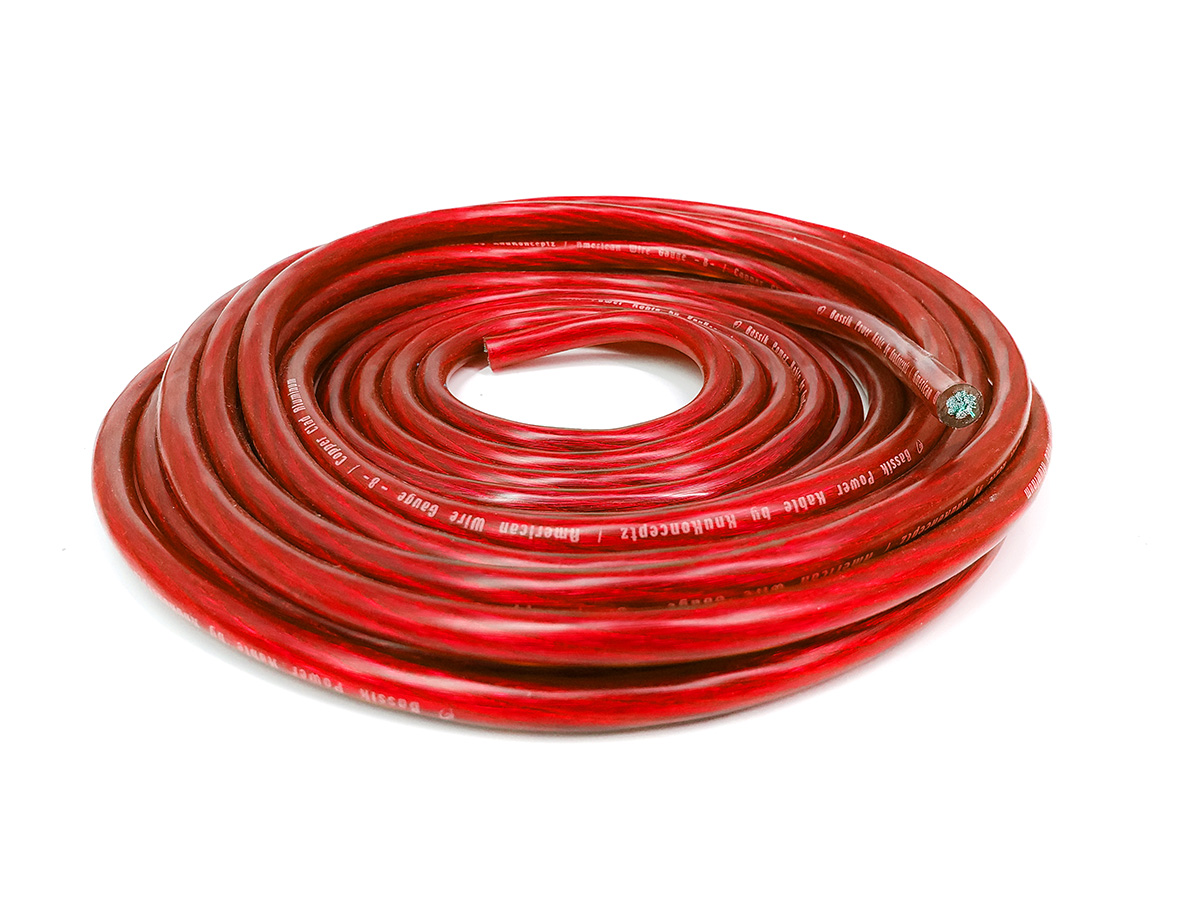
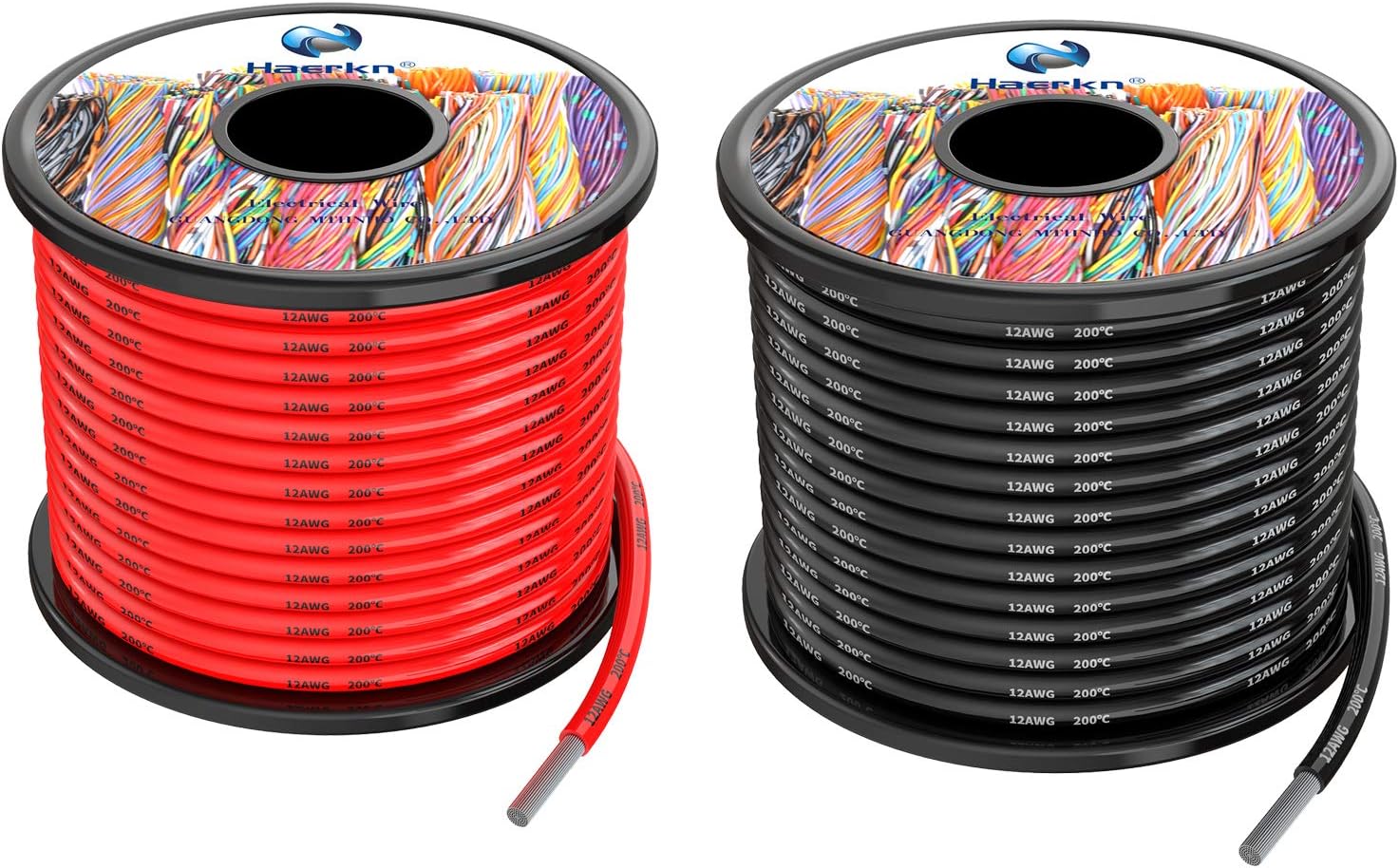

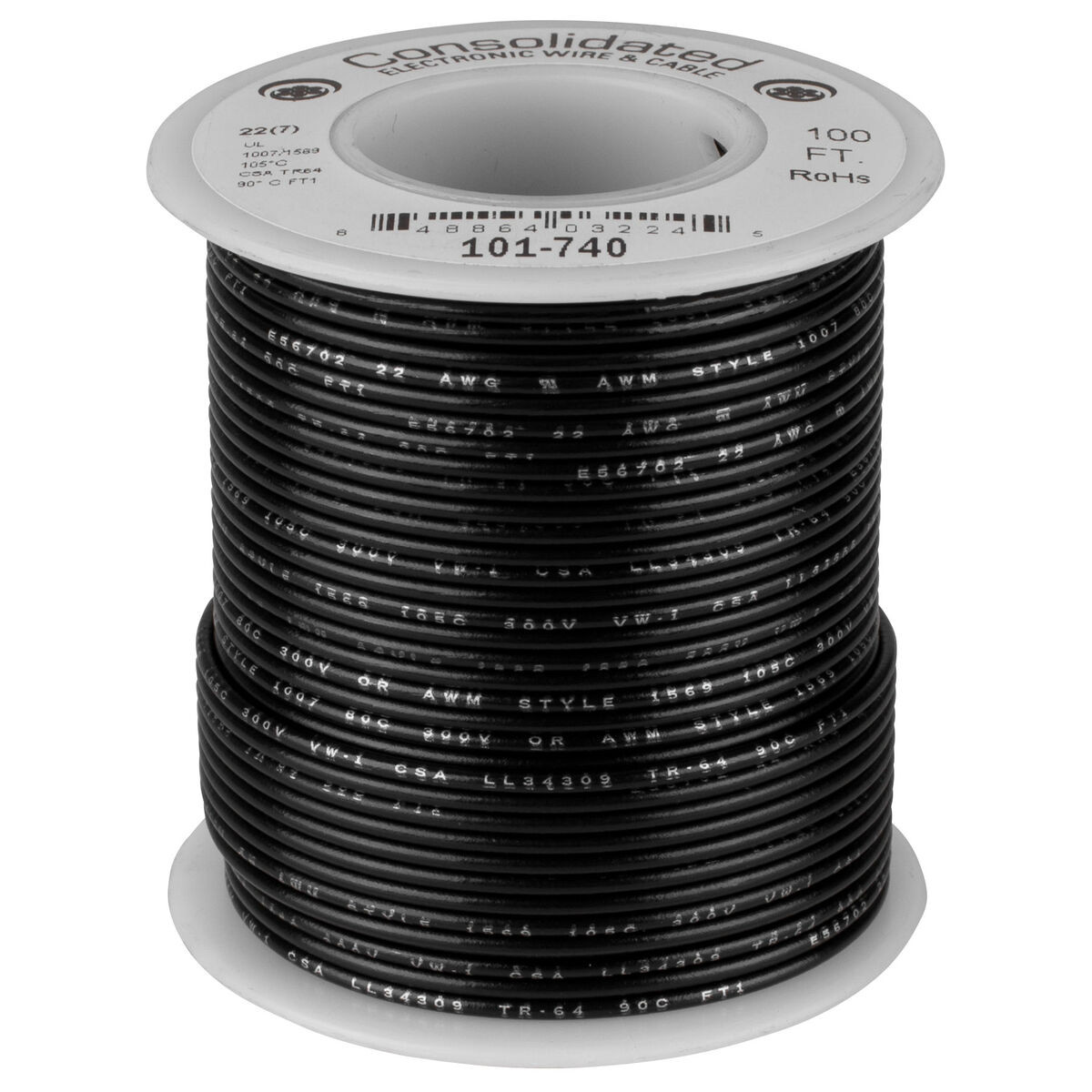
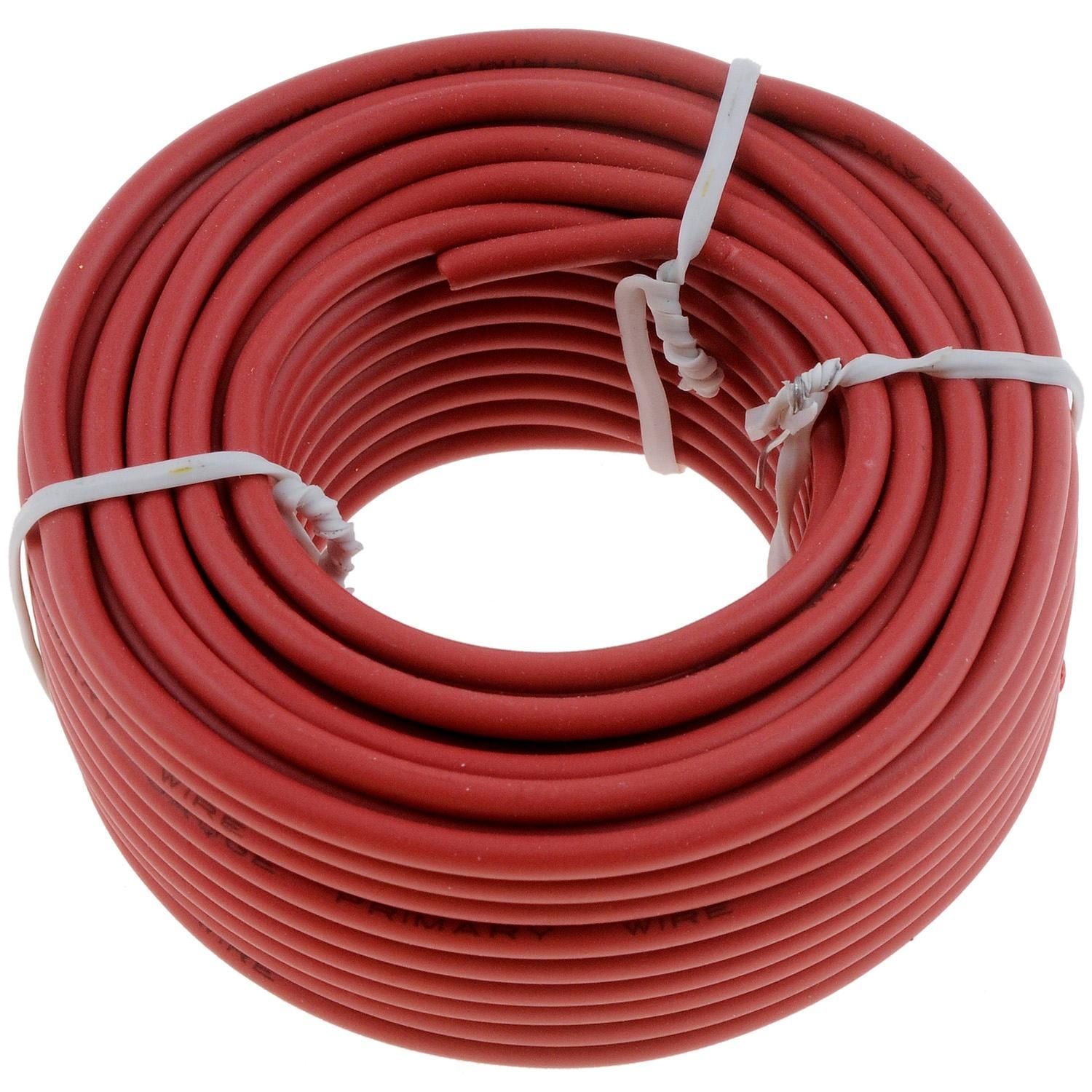
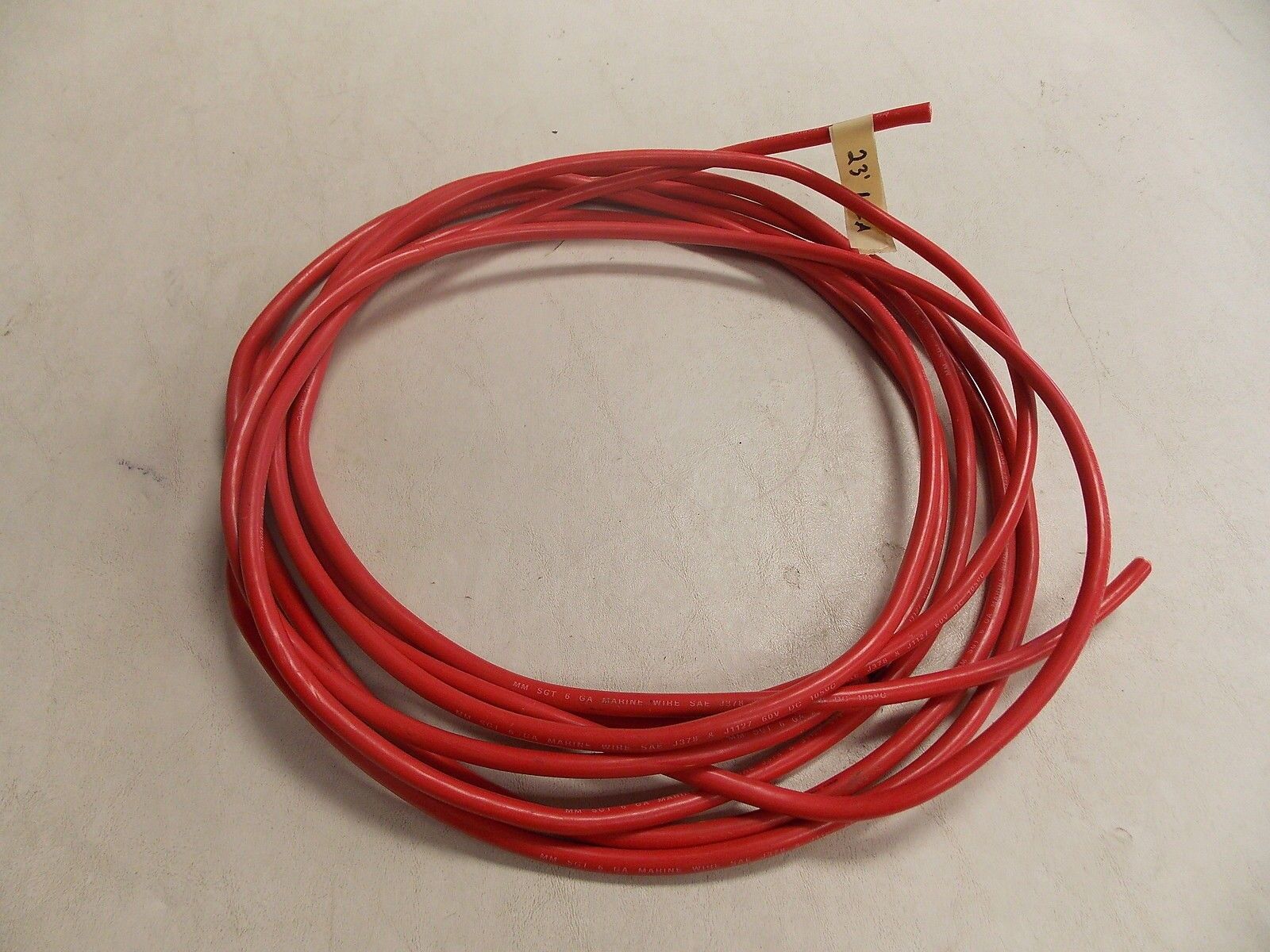
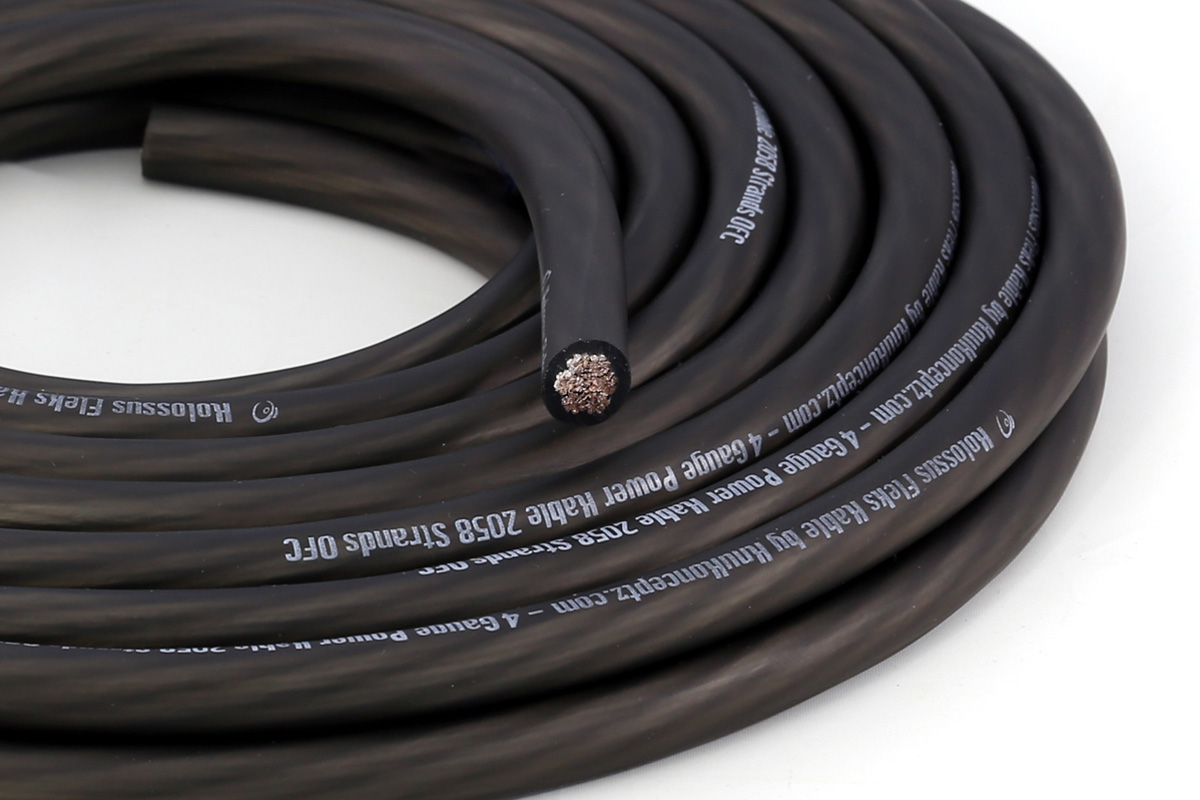

0 thoughts on “What Gauge Is House Electrical Wire”